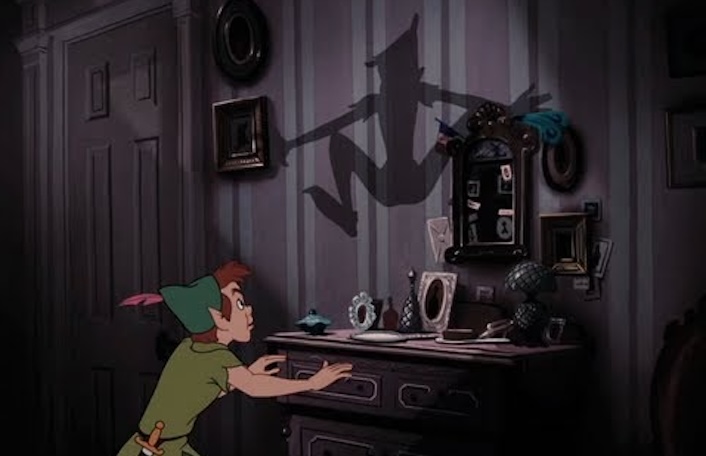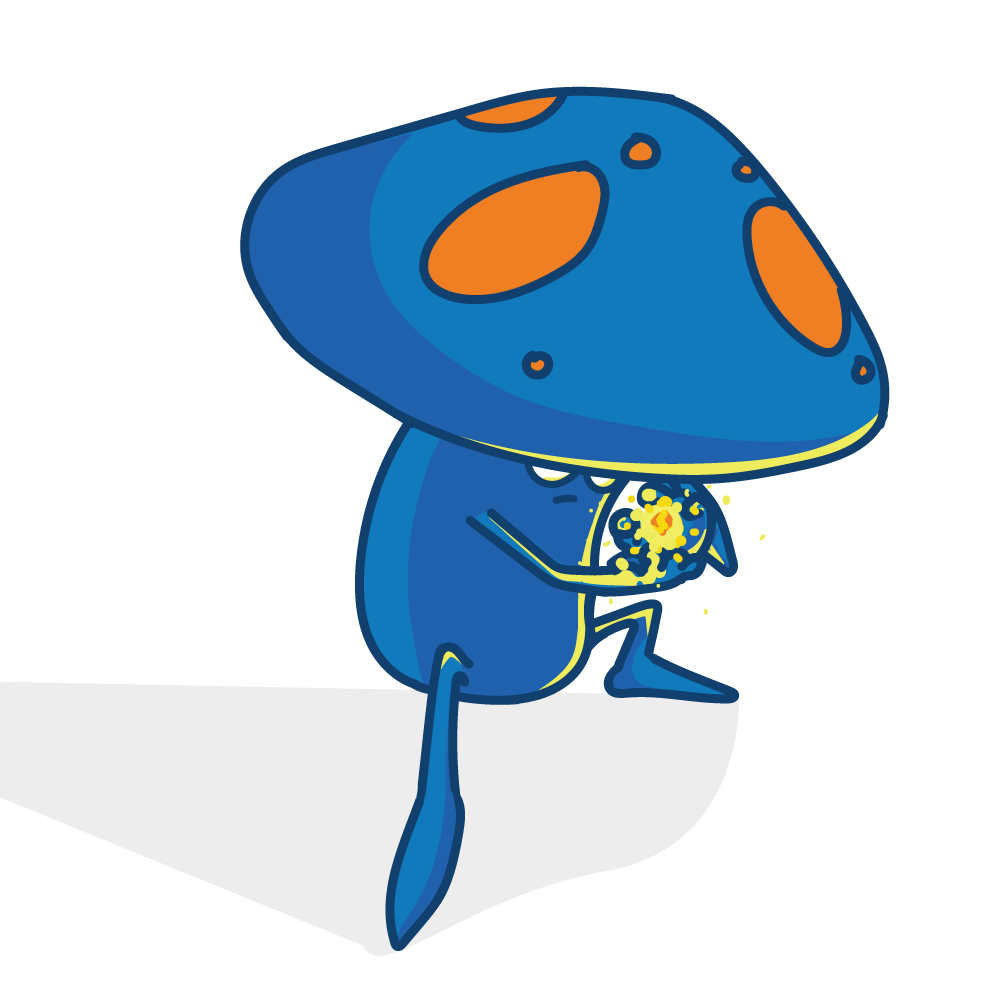We often hide our emotions or feelings that we perceive as negative. Sadness, shame, fear, jealousy, anger. We push them down, conceal them.
But although this may be easier in the short-term, in the long-term it can actually be damaging to deny real feelings, and pretend they don’t exist. They do.
These emotions are part of your shadow self, a deeper, darker part of your psyche — and it is essential that you give space to it.
What is the Shadow Self?
The psychotherapist Carl Jung coined the term “shadow” to define the emotions, instincts, and drives we repress, both consciously and unconsciously, but whose negative effects we feel regardless.
The shadow self represents our darkest secrets, hidden desires, and concealed emotions. It both contains our greatest fears and our most shining potential. From it we receive intuition, instinctive wisdom, and our unique identity. Despite this, most of us reject these tricky emotions because we are scared of our true selves; selves that are both good and bad, happy and sad, angry and calm, capable of love, yet capable of hate.

On the shadow, Jung said;
“Unfortunately there can be no doubt that man is, on the whole, less good than he imagines himself or wants to be. Everyone carries a shadow, and the less it is embodied in the individual’s conscious life, the blacker and denser it is.”
Basically, we’ve got to look in the mirror and acknowledge every part of ourselves. Il bright e il shadow.
Yet, as you likely know, this is easier said than done. We are encouraged from a young age to disguise these undesirable traits, so we can ‘fit in’ with society.
Of course in many ways this is essential. We certainly can’t act out our darkest fantasies of punching slow walkers in the back of the head. We temper these urges via our ego. However, when we overcorrect and don’t acknowledge our shadow self at all, then the problems may begin.
Hiding From The Shadow Gives it More Power
Carl Jung wrote;
“A man who is possessed by his shadow is always standing in his own light and falling into his own traps,”.
When we deny our shadow traits, we paradoxically give them more power in our lives. Repressed shadows may burst through unexpectedly, for example when we overreact to minor frustrations, experience imposter syndrome, self sabotage, or be cruel and passive aggressive instead of facing conflict directly. We may hide feelings of inadequacy by acting like a ‘control freak’. We may try to get over feelings of guilt or shame by becoming overly perfectionist and obsessive. Perhaps we begin to rely on alcohol or other substances to numb our hidden feelings. Maybe, we are never able to truly be our authentic self.

By acknowledging our shadow, we can bring out what Jung dubbed the Golden Shadow. The golden shadow refers to positive traits we may have repressed for whatever reason, such as sensitivity, empathy, confidence and creativity. It can also cover characteristics that can be harnessed in positive ways such as aggression or leadership.
Although we may be able to recognise and appreciate these qualities in others, we may not have the tools to appreciate or utilize them within ourselves. This could be due to the values of your upbringing, life experiences, or any number of other contributing elements. For whatever reason, sometimes it is actually very difficult to let good feelings into our lives.
So whether dark or golden, getting to know our shadow self is a key part of gaining true autonomy over our full self, and potential.
How to Begin with Shadow Work
We can define shadow work as the process of becoming conscious.
And, as anyone who is familiar with psychedelics can attest, a feeling of coming alive, of becoming ‘conscious’ can certainly occur during a trip. If you are already embarking on shadow work, the careful addition of psychedelics can greatly amplify your deeper emotional and spiritual dimensions, helping you to face up to, and integrate, the repressed parts of your psyche.
A psychedelic experience, on its own, cannot necessarily be expected to transform one’s life. Lasting change requires active participation. Psychedelics, like psilocybin (the psychoactive compound in magic mushrooms and truffles), are able to part the curtains to our unconscious and offer us the chance to learn from what was concealed. Shadow work becomes crucial in this journey by helping us to embrace our hidden parts, so that we can become whole.

How Psychedelics Can Aid Shadow Work
Psychedelics can reveal the unconscious parts of our minds ro us. Research has found that they can temporarily ‘scramble’ our brains, disrupting our normal neural hierarchies.
Scan images of brains on psychedelic drugs reveal decreases of activity in the frontal lobe (associated with thinking) and an increase in the activity in the posterior areas (associated with visual and emotional processing). Basically, the roles in the brain are temporarily reversed — allowing us clearer access to our emotions that are usually repressed by the influence of the frontal lobe.
A carefully organized, intentional psychedelic trip, where set e impostazione have been considered, can help to reacquaint us with our hidden or blocked shadow elements. We are able to meet our shadow selves without judgement, shame, or fear — to embrace them, even. By acting as a catalyst, or key, to gain access to our hidden parts, psychedelics give us the opportunity to better understand and accept ourselves, creating space for personal growth.
Psychedelics can also be a conduit for honesty. To admit to ourselves how we really feel, sit with the uncomfortableness or pain, and be vulnerable. It is only after this, that we can begin to see ourselves as we truly are.

Make Peace With Your Shadow
Making peace is a key part of shadow work. However, it is important to remember that when dealing with delicate matters of the psyche, one should be careful. Higher doses of psychedelics can bring up unresolved traumas or deep issues you may not be ready to face. Shadow work is not easy.

Despite this, psychedelic shadow work can induce transformational journeys, and meaningful integration. It encourages us to engage further in the innermost feelings, sensations, and visions that can be coaxed out during altered states of consciousness. By allowing ourselves to be whole, flawed people, we can learn to live authentically, in both shadow and light.

 Offerta INSANIUM
Offerta INSANIUM 

 Offerte combinate >
Offerte combinate > . They are very kind and have a reliable customer service system. Definitely would recommend!
. They are very kind and have a reliable customer service system. Definitely would recommend!
 Forza fino a 110/100
Forza fino a 110/100 
 %
%
 500 gr.
500 gr. 
